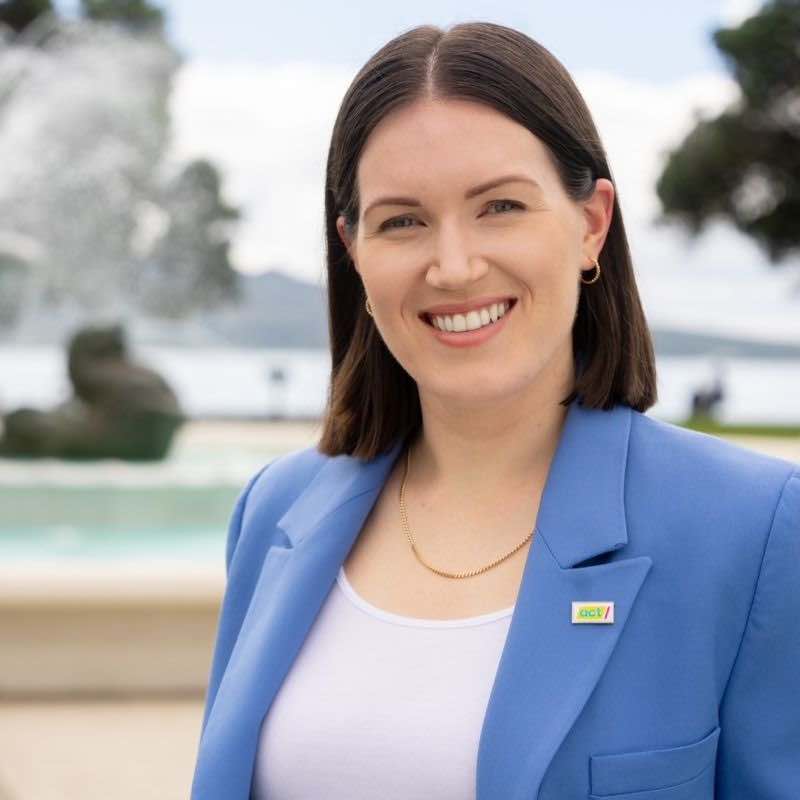In brief
- Many don’t know what co-governance means. Opponents are called racist.
- Labour admits co-governance means superior rights based on race, but won’t budge on it. Why?
- Jack Tame says Labour is disingenuous to dismiss concerns and co-governance is worthy of debate.
- “They never sold it. They never explained it. They never even tried to.”
Labour refuses to debate co-governance
Regardless of whether it is identified in polls, one of the central issues in the 2023 general election will surely be co-governance. Its implementation means most Kiwis become second-class citizens to a minority entitled to some form of superior rights based on blood lines.
Labour admits as much, albeit reluctantly, but are sticking with co-governance even if it may cost them the election. Why is there no promotion or discussion if it’s such a good deal for Kiwis? Broadcaster Jack Tame says: “They never sold it. They never explained it. They never even tried to.”
Evidence suggests most don’t understand co-governance, which will create a Māori group like royalty of old. ACT Leader David Seymour, himself of Māori descent, says co-governance will lead to an ethno-state.
Ignoring race for the moment, do you know of any democracies that still have a royalty class with anything close to the power proposed for co-governance? Even if Māori had clearly been given this power at the time of Treaty, would it have survived? Because many, even most, non elected governments have lost their power over the years. This includes England, so how could they have thought the Treaty’s “true” reading would create major elements of what they had overthrown centuries earlier?
Co-governance activists paint opponents as racists
Julian Batchelor of Stop Co-Governance says he speaks for the majority. Activists accuse Batchelor (without any evidence) of pushing white supremacy and for being in a conspiracy with police to bar Māori from Stop Co-Governance meetings because of their race. Batchelor has always maintained that it’s demeanour and not skin colour by which activists are identified. Footage suggests Batchelor is being truthful.

Activists are also against Batchelor’s claims that there exists a “Māori elite” who push co-governance against the interests of the working class majority of both Māori and non Māori alike. When pressed on who the elite may be, Batchelor points to the authors of the He Puapua report as an example.
Evidence shows co-governance and treaty related issues are not a priority for working class Māori. Polling suggests they share similar concerns with the majority, which is mainly around the cost of living.
Political commentator Bryce Edwards writes that Labour’s fascination with all things te Tiriti “has been a change of orientation away from working class Māori concerns towards more middle-class or elite Māori policies after 2020”.
If reasonable people are shut down then more extreme people may fill the void
ACT deputy leader Brooke van Velden says she’s sensing frustration and resentment from the public who feel they can’t speak up about race-based policies that are favouring the minority.
“It’s not racism to have an open discussion when the Government is forcing policy that’s based on race into people’s lives”.
A clear principled stand against race based legislation is just as good an explanation as any behind ACT’s surge in the polls and Batchelor’s sudden rise in popularity.
Economist Dr Bryce Wilkinson says that if reasonable people aren’t allowed to speak on important matters such as race, then eventually unreasonable people will.



















